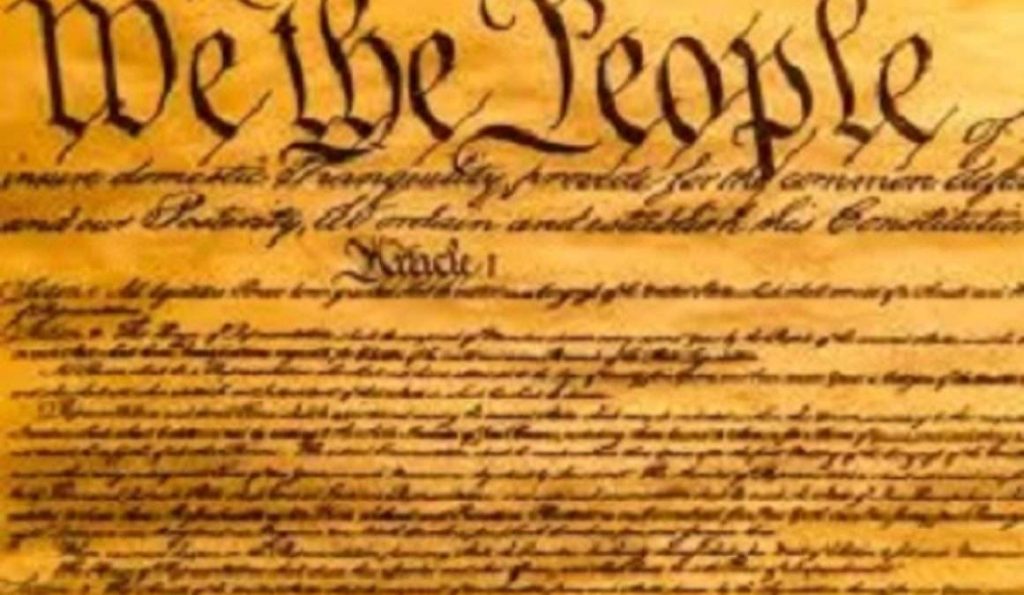I recently became the B. Kenneth Simon Chair in Constitutional Studies at the Cato Institute, a position I hold in addition to my primary job as a law professor at George Mason University. As one of my first acts in this new role, I have published an article in the Cato Policy Report outlining three constitutional issues that libertarians should focus on more, and make our own. Here is an excerpt:
Libertarian legal scholars, activists, and public interest lawyers have made valuable contributions on a range of important constitutional issues, including property rights, school choice, Second Amendment rights, free speech, religious liberties, and more. But we have largely ignored three significant constitutional issues, thereby passing up valuable opportunities to expand liberty: zoning, constitutional constraints on immigration restrictions, and racial profiling in law enforcement….
Exclusionary zoning is probably the greatest American property rights issue of our time. In many parts of the country, restrictions on the construction of new housing severely constrain property rights and cut off millions of people from housing and job opportunities….
Libertarians have not neglected zoning. Libertarian‐leaning scholars…. have authored pioneering works on this issue. But libertarian legal scholars and litigators have mostly overlooked the constitutional dimensions of the issue, despite their successful focus on a wide range of other constitutional property rights questions….
Like exclusionary zoning, immigration restrictions massively restrict liberty and degrade human welfare. By barring entry to hundreds of thousands of people who seek freedom and opportunity in the United States, the federal government massively restricts the liberty of would‐be immigrants and American citizens alike…..
Libertarian economists and political philosophers have played a leading role in highlighting the harm and injustice caused by immigration restrictions…. But…. most libertarian lawyers and legal scholars (myself included, for much of my career)—have largely ignored the constitutional dimensions of the problem….
It’s far from clear that the original meaning of the Constitution even gives the federal government a general power to restrict immigration in the first place….
Whatever the merits of its reasoning, the Supreme Court is unlikely to overturn the Chinese Exclusion Case [ruling that the federal government has power over immigration] anytime soon. But libertarians would do well to take aim at extensions of that ruling that have largely immunized immigration restrictions from constitutional constraints that apply to virtually every type of government policy. For example, courts often uphold immigration restrictions that discriminate on the basis of speech, religion, race, ethnicity, and other characteristics that are presumptively forbidden in other areas of law. Immigration detention and deportation proceed with far weaker due process protections than other severe deprivations of liberty….
[R]acial profiling is a widespread problem. A 2019 Pew Research Center poll found that 59 percent of black men and 31 percent of black women say they have been unfairly stopped by police because of their race. Their perceptions are backed by numerous studies—including many that control for other variables—showing that police often treat blacks and (to a lesser degree) Hispanics more harshly than similarly situated whites….
Curbing racial profiling should be a priority for all who believe government should be colorblind. If we libertarians truly believe that it is wrong for government to discriminate on the basis of race, we cannot ignore that principle when it comes to those officials who carry guns and have the power to kill, injure, and arrest people….
In addition to being unjust, racial profiling is also unconstitutional. The original meaning of the equal protection clause of the Fourteenth Amendment was centrally focused on unequal enforcement of laws by state and local governments, including the police…..
Libertarians have achieved much on a variety of constitutional issues. But we have largely neglected three that cry out for our attention. It is, perhaps, no accident that two of them (immigration and racial profiling) tend to pit us against the political right. The third—zoning—cuts across ideological lines. The “fusionist” alliance between libertarians and conservatives has deteriorated in recent years, but remains stronger in the constitutional law field than elsewhere.
Libertarians should embrace useful collaboration with conservatives; however, we must also protect liberty across the board, regardless of whether the danger emanates from the left or the right.
In the article, I outline the significance of these issues more fully, and also describe how libertarians can help address their constitutional dimensions.
The post My Cato Policy Report Article on “Three Constitutional Issues Should Make their Own” appeared first on Reason.com.







